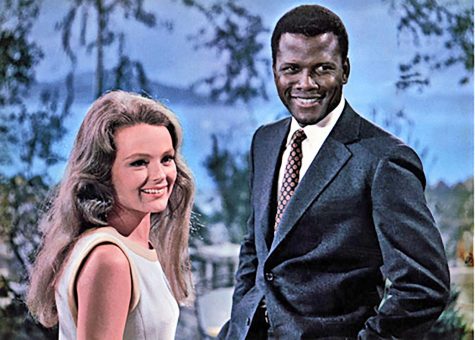Film meets Moore expectations
“Capitalism, A Love Story” could be described as a typical Michael Moore film. It follows a technique which Moore has used throughout his career.
Rather than one set of characters, Moore allows the story to be told through a trail of vignettes, having each idea lead to the next to establish a narrative flow. It’s a great technique – nothing ever becomes wearisome or overlong as the promise of something better always awaits minutes away. However, do great techniques make great documentaries is a question to be asked.
Moore, in this film, takes a strong criticism of the free market itself. Throughout the film Moore talks to a variety of individuals, but focuses mostly on victims of circumstance or mischance. He returns to his 1989 film “Roger & Me” with an emphasis on layoffs, but also showcases a more recent topic of governmental and wealth abuse first hinted at in “Fahrenheit 9/11.” In “Capitalism,” capitalism is not just responsible for greed or evil, it is evil within itself. Moore demands that it is replaced with a system he calls “democracy.”
However this is a false choice; Moore only mentions the most extreme forms of abuse of free markets while failing to show the viability or plausibility of his solution. Furthermore he presents his solution as being absolutely infallible; though historically much evidence to the contrary exists (his solution most closely resembles that of communism). Ultimately his solution is neither viable practically or theoretically as it would eliminate all forms of incentives.
Moore does provide sympathetic and sometimes just criticisms of free markets, but remember to keep a level head. As compelling as his storytelling is, part of what he is speaking against is the very nature of the greatness of the United States – the ability and freedom to fail or succeed.





